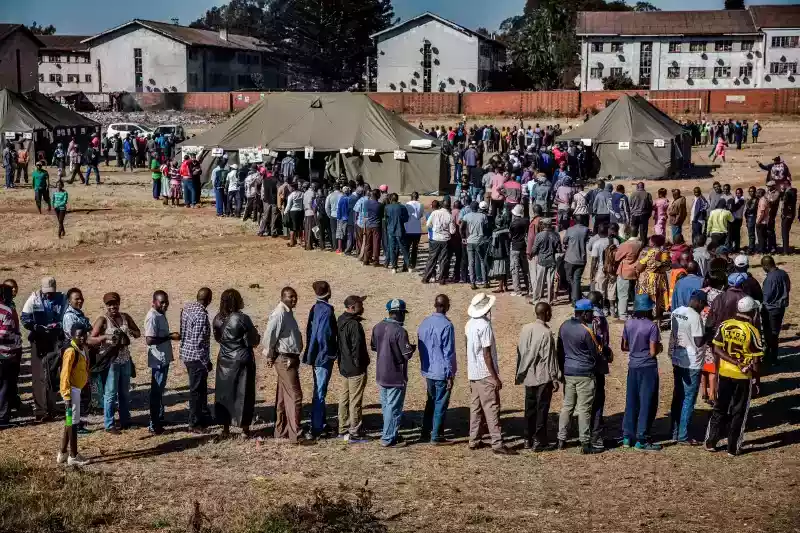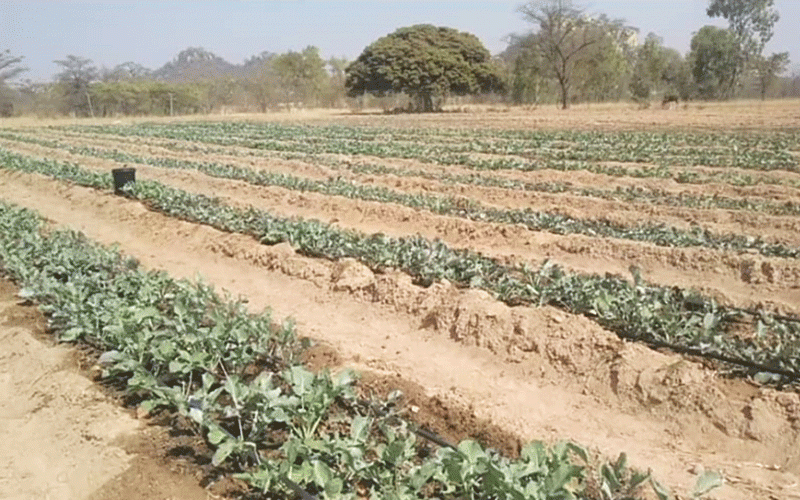
CLOSE to 50 000 smallholder farmers in the Midlands are set to benefit from a $5,6 million inputs and training programme funded by a United Kingdom-based non-governmental organisation, UKAid, to improve households’ food security.
BY Staff Reporter
This was revealed last week by Midlands Provincial Affairs minister Jason Machaya at the launch of the Livelihoods and Food Security Programme (LESP) dubbed Extension and Training for Rural Agriculture. The programme, to run until 2017, aims to eradicate poverty, improve agricultural production and better income generation by supporting farmers to access relevant information and modern technical skills. It targets an aggregate of 48 436 smallholder farming households in drought-prone areas of Shurugwi, Gokwe South and Kwekwe.
In a speech read on his behalf, Machaya said: “The reasons for low production are varied and hinge on both the capacity of the farmers and service providers, and the effects of climate change. I am pleased to note that the programme will focus on improving the ability of households and communities to cope with shocks and stresses that are exacerbated by the effects of climate change by scaling up the introduction of proven climate smart agriculture technologies and training of farmers.”
Against the backdrop of acute changes in rainfall patterns as a result of climate change, the country’s agricultural sector has been on a free-fall in the past few years due to lack of expertise, especially among the newly-resettled farmers.
“The Zimbabwe agricultural sector’s changed landscape requires a new and more robust package of technologies for extension, mechanisation and value addition,” Machaya said.
“There is need to increase the level of investment in agriculture through deliberately targeting programmes to empower all those participating in agriculture and to provide critical support services such as research and extension.”
LESP, it was announced, would ensure rural farmers have access to financial services to increase their productivity.











